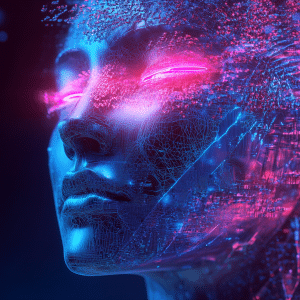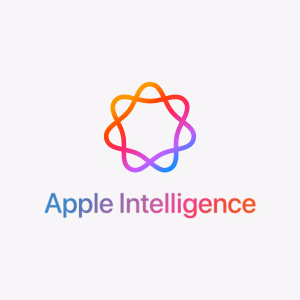Slated to come into effect on August 15, the new Chinese law governing generative AI services and API providers has prompted Apple to remove more than 100 AI-driven apps from its App Store in the region.
One of the recipients of Apple’s communication was OpenCat, a domestic client for ChatGPT. Apple informed the developer that their app’s content contravened Chinese law and operation of their services necessitated a license.
TechCrunch quoted Apple’s email to OpenCat:
“As you may know, the government has been tightening regulations associated with deep synthesis technologies (DST) and generative AI services, including ChatGPT. DST must fulfill permitting requirements to operate in China, including securing a license from the Ministry of Industry and Information Technology (MIIT). Based on our review, your app is associated with ChatGPT, which does not have requisite permits to operate in China.”
Apple’s readiness to comply with China’s directives often attracts criticism from human rights activists who accuse the company of bending to the Chinese government’s whims. In the past, Apple has taken down numerous apps from its China App Store, following government requests. These included the Damus app by Nostr, a religious app named ‘Quran Majeed’ with over a million users, and around 39,000 video games in 2021.
Apple, however, stands by its stance of abiding by the laws of the nations where it operates. When apps are flagged by the government as containing illegal content, the company obliges by removing them.

While generative AI has gained substantial popularity, it is not devoid of security and privacy concerns. It can expose underage users to inappropriate content, generate biased or abusive responses, and even disseminate misinformation or ‘hallucinations’.













